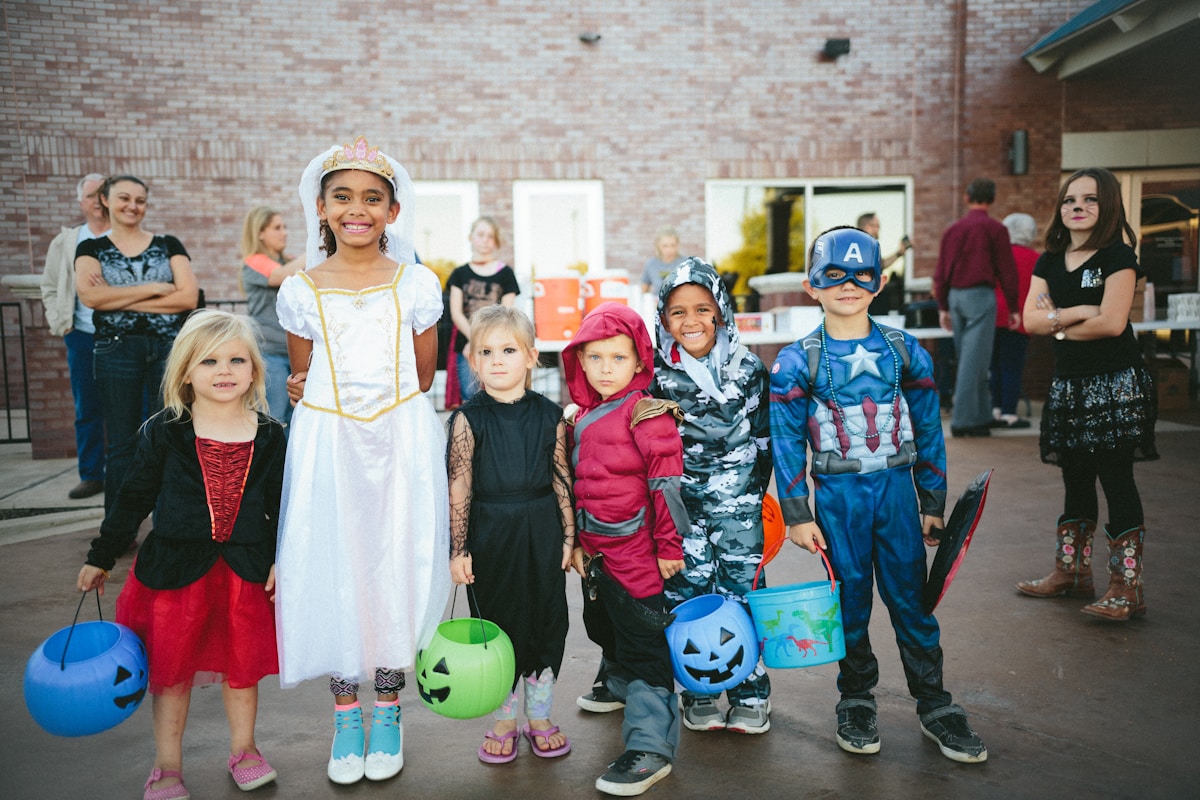Role play is a type of play in which children assume the roles of other people or characters. It is a natural and important part of childhood development, and it has many benefits for children's learning and development.

Benefits of role play in early years education:
- Social and emotional development: Role play helps children develop their social and emotional skills. When they take on the role of another person, they learn to understand and empathize with others. They also learn how to cooperate, share, and take turns.
- Language development: Role play helps children develop their language skills. As they act out different scenarios, they use and practice new vocabulary and grammar. They also learn how to communicate effectively with others.
- Problem-solving skills: Role play helps children develop their problem-solving skills. When they encounter challenges in their play, they have to think creatively to find solutions. This helps them develop the skills they need to solve problems in real life.
- Creativity: Role play is a great way for children to express their creativity. They can use their imagination to come up with new and exciting scenarios. This helps them develop their imagination and problem-solving skills.
- Self-confidence: Role play helps children build self-confidence. When they take on the role of a character, they have to step outside of their comfort zone and try new things. This can help them become more confident in their abilities.
- Academic skills: Role play can also be used to support children's academic learning. For example, children can role-play different jobs, such as a doctor or a firefighter. This can help them learn about different occupations and the skills they require.
How to implement role play in early years education?
There are many ways to implement role play in early years education. Here are a few ideas:
- Set up a play area with props and costumes that encourage role play. This could include a doctor's office, a grocery store, or a construction site.
- Provide children with opportunities to role-play with their peers. This could involve playing games, acting out stories, or creating their own scenarios.
- Encourage children to use their imaginations. Let them decide who they want to be and what they want to do.
- Be a role model. Show children how to role-play by taking on different characters yourself.
Talk to children about their role-playing experiences. This will help you understand how they are learning and developing.

Conclusion
Role play is a valuable tool that can be used to support children's learning and development in many areas. It is a natural and enjoyable activity for children, and it can be easily implemented in early years education. If you are looking for a way to help your children learn and grow, consider incorporating role play into their day.
Here are some additional tips for implementing role play in early years education:
- Start small. Don't overwhelm children with too many props or too complex of scenarios.
- Be flexible. Be prepared to adapt the activity to the interests and needs of the children.
Have fun! Role play should be enjoyable for both children and adults.

